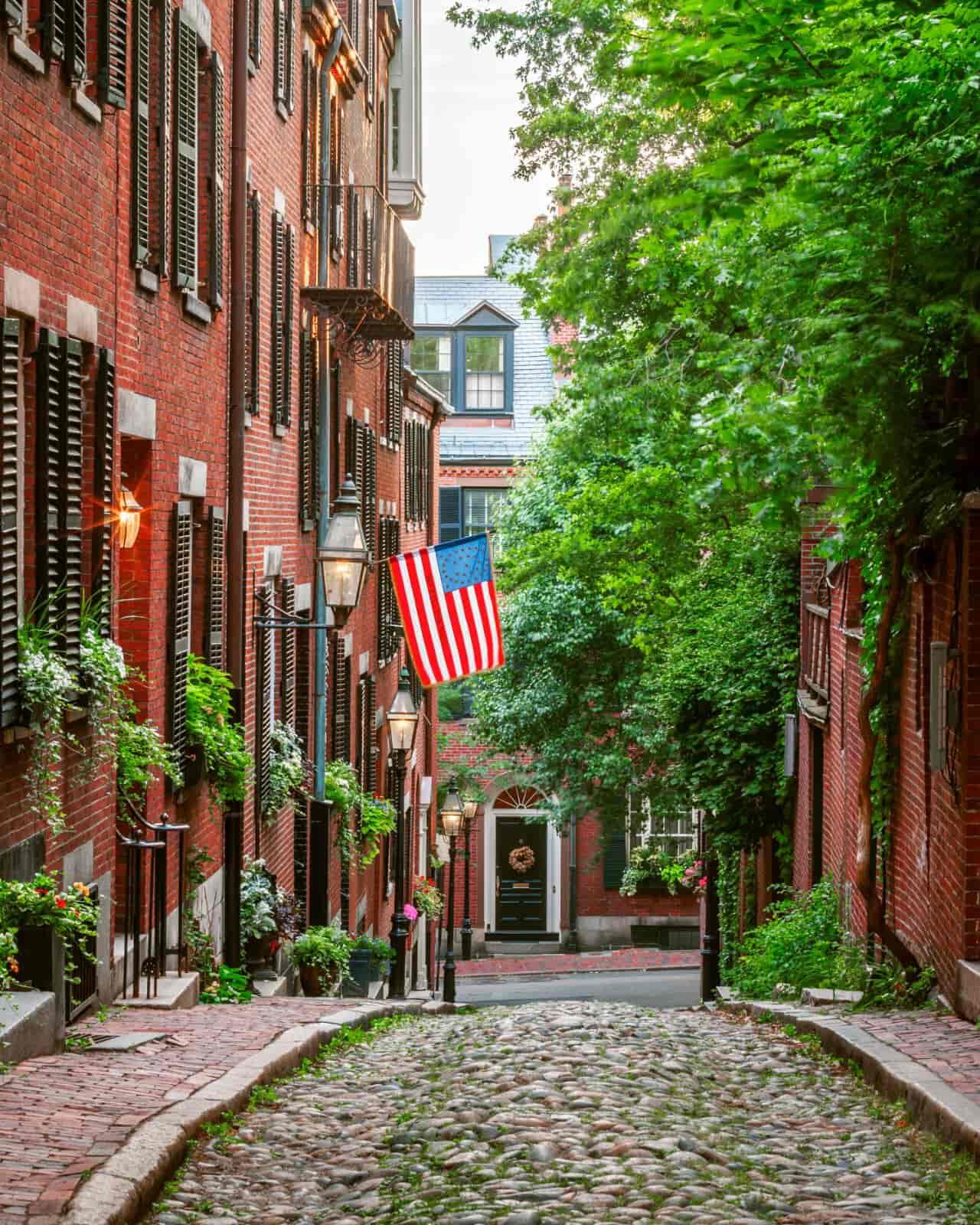

Boston's bucket list
The list of things to do in Boston is almost as long as Leo DiCaprio’s dating history. With something for everyone, visitors can usually find activities or attractions to pique their interest around every corner.
LGBTQ+'s most loved
Events, festivals and everything in between
Chat with a local
We could go on and on, but we’d rather let the locals do the talking. Some wonderful folks told us what it really means to identify as LGBTQ+ in Boston.
Off the beaten track
So, you’ve spent a few days in the city and shouted: ‘I’m walking here!’ about five times since you arrived which means you’re probably ready for a Boston day trip. Here's a few:
Hotel hall of fame
We’ve got your back with hotels that cut through the clutter.
The serious bit
It can’t be all glitz and Gaga. We’ve made a list of some important points to note down before you travel to Boston.
Laws & regulations
Practical tips
Support & services
We’ll get straight to it – Boston is a very LGBTQ+ friendly city.
The state of Massachusetts was the first to legalise same-sex marriage in the US. Not only that, the city’s non-discrimination laws are some of the most strongly protected in the country. MassEquality and GLAD (Gay & Lesbian Advocates & Defenders) help maintain the integrity of these laws.
Community support groups are readily available to offer resources: a service that isn’t exclusive to locals. BAGLY (Boston Alliance of LGBTQ+ Youth) and the Fenway Institute are two of the big names. Both offer support and resources for mental and sexual health, alongside advocacy for the community.
Let’s have a quick word about, well… words.
Language evolves - and just like the best journeys, it doesn’t always follow a straight line.
In this guide, we use terms like LGBTQ+, queer, gay, lesbian, transgender and more. These reflect the language that felt inclusive, accessible, and widely understood at the time we put pen to paper (or fingers to keyboard).
We often use “queer” as a shorthand - a word that’s been proudly reclaimed by many, though we know it won’t resonate with everyone. The same goes for LGBTQ+: used as a broad umbrella term, not exclusive one. Where it feels important, we’ve used more specific labels - in hopes of reflecting the richness and diversity of the community and shared experiences.
We know the language of identity is personal, political, and constantly evolving. This isn’t a dictionary - and it’s certainly not the final word. We simply hope this guide speaks with clarity, compassion, and respect.

